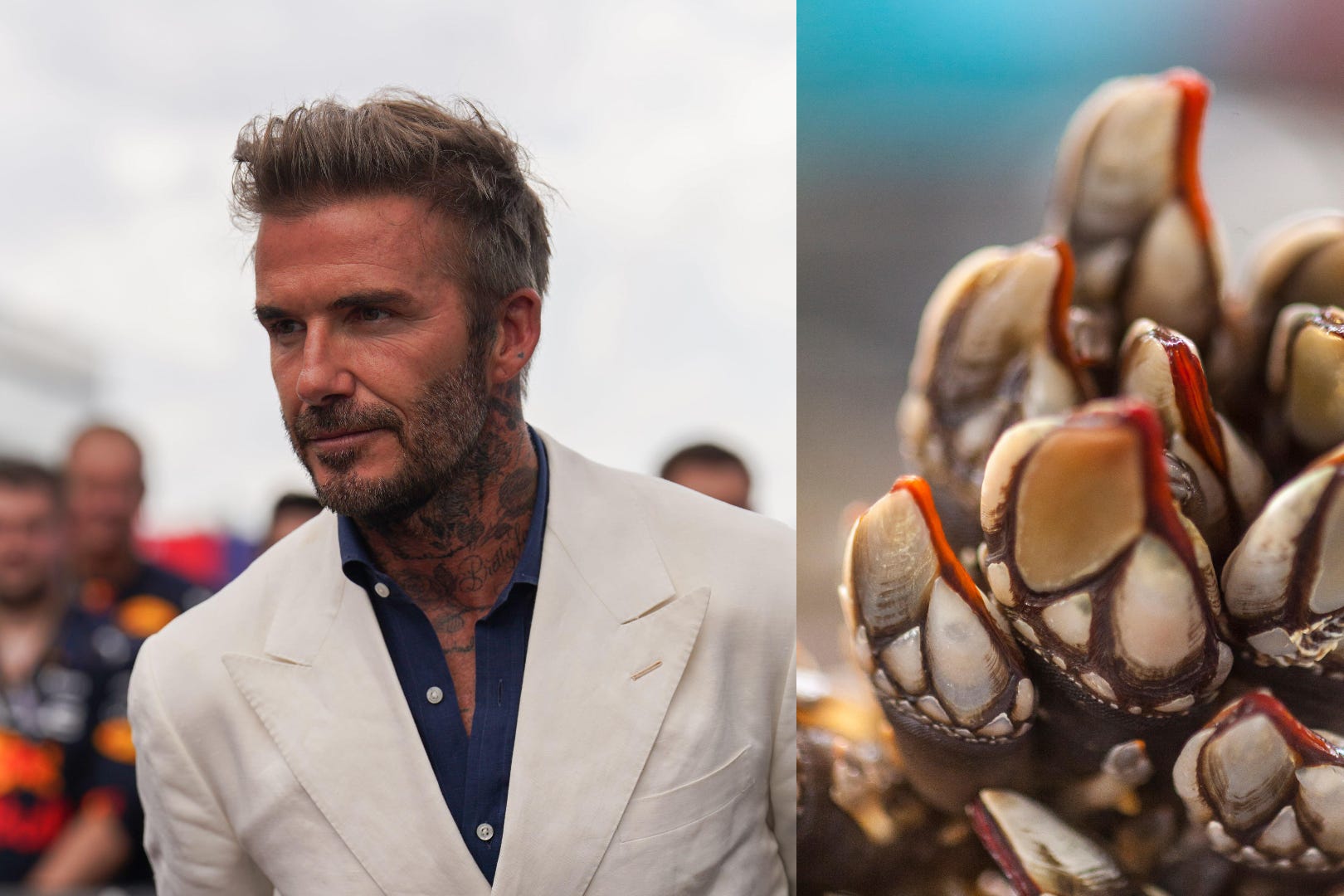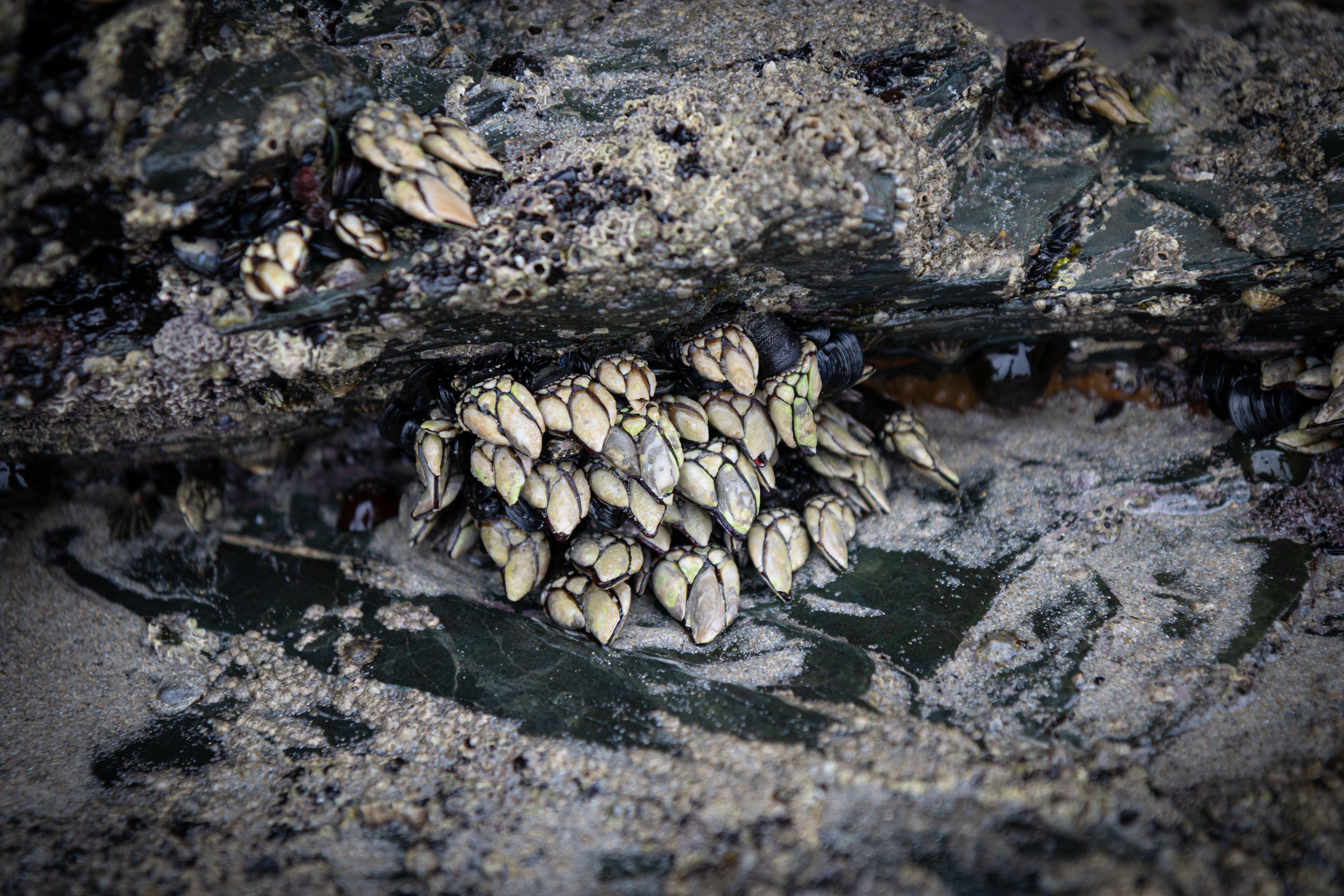David Beckham seen tucking into rare alien-looking delicacy
Former footballer ate what he calls ‘one of my favourite things to eat when in season’ – percebes
David Beckham has been seen tucking into a rare, alien-looking delicacy that is one of the world’s most expensive seafoods.
The former footballer posted pictures on his Instagram stories as he ate what he calls “one of my favourite things to eat when in season” in Spain – percebes.
It comes after the recent Netflix documentary tracking Beckham’s life and career revealed he is a keen cook and foodie.

The alien-like barnacles are strange in appearance, with a dark, rubbery stem and a white head that looks a bit like a goose’s beak.
They look interplanetary but are a rare type of crustacean that goes by many names – including goose barnacles, leaf barnacles, and Lucifer’s fingers.
The morsels are notoriously difficult to source: percebes are chipped-off rocks in often dangerous coastal spots along the western European Atlantic coast – the Costa da Morte (Coast of Death) in Galicia, Spain, is a famous hotspot for harvesting the barnacles.

Harvesting percebes often involves scaling dangerous cliff faces, getting buffeted by waves, and going underwater. This means they are relatively expensive – and the bigger the barnacle, the more money they will fetch, as they contain more meat.
Percebes are most common in Spain and Portugal – particularly around the seaside areas where they are harvested. According to The Fish Society, one 250g pack – which contains around 10-30 barnacles – will set you back £24.50.
“A large barnacle is usually about seven centimetres long,” The Fish Society says.

The process for cooking percebes at home is simply boiling them in salted water for a few minutes. Most recipes suggest merely eating them as is, squeezing over some lemon, or garnishing with herbs like parsley.
The strange delicacies taste similar to a cross between lobsters and claims. They are also apparently incredibly salty – eating a percebes is said to be the closest you can get to tasting the sea.
To eat the alien-like barnacles, the hard shell should be squeezed to force the flesh out.
However, The Fish Society does warn: “We should tell you that you will get a certain amount of genuine rock (as in, the cliff) in your pack because the barnacles are very firmly attached to it and would be damaged if removed before cooking.”
Join our commenting forum
Join thought-provoking conversations, follow other Independent readers and see their replies
Comments